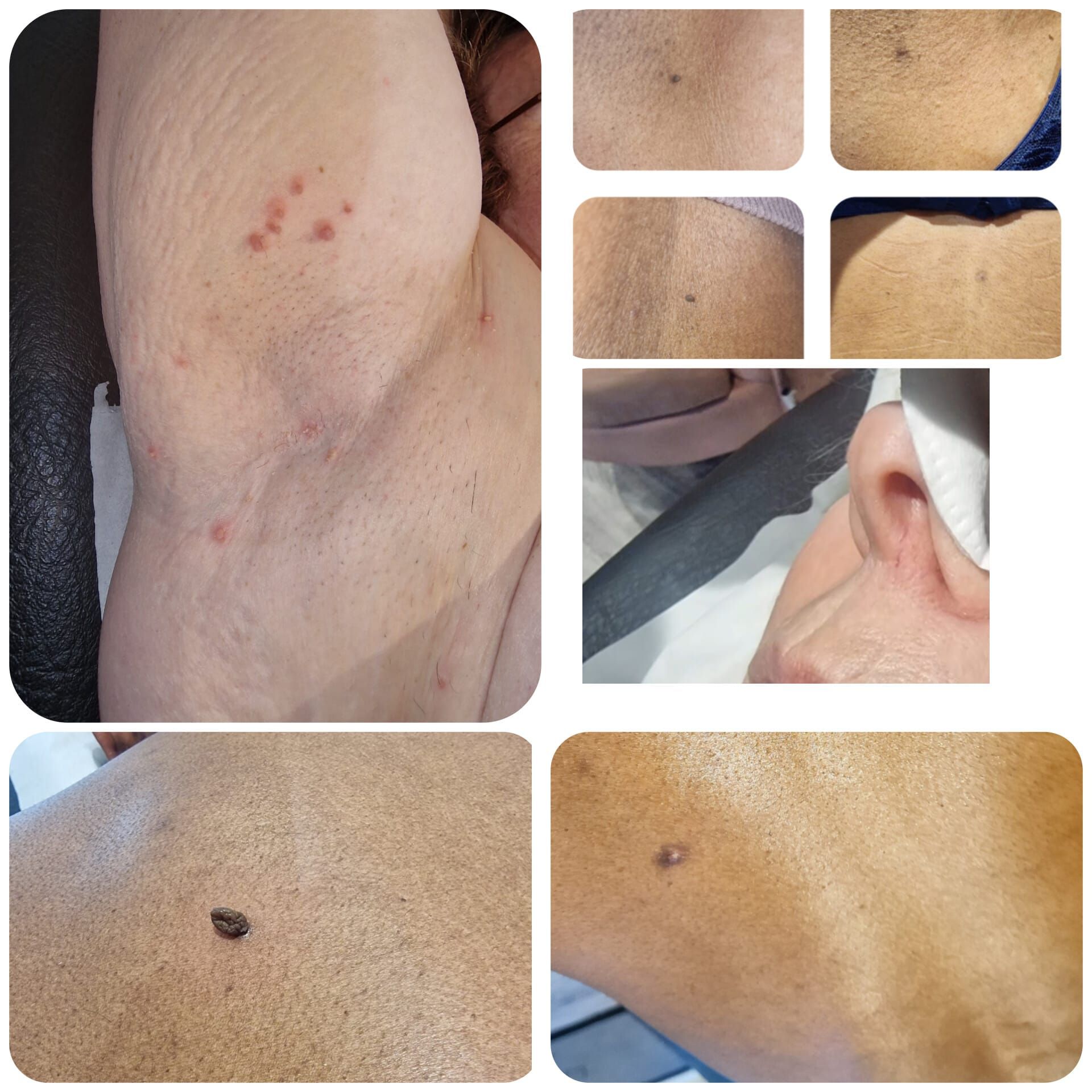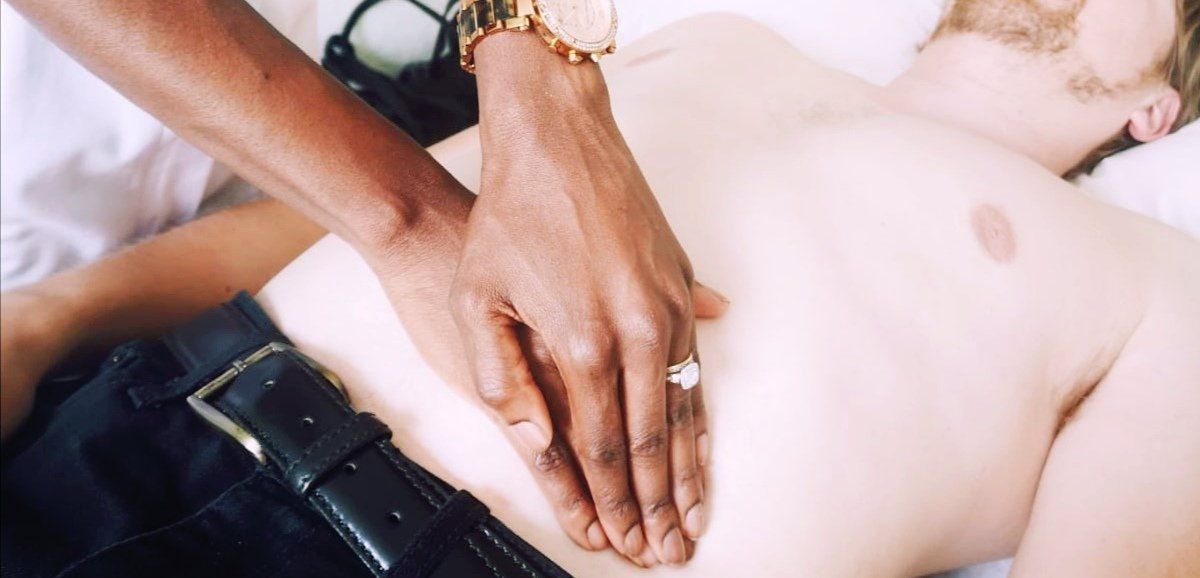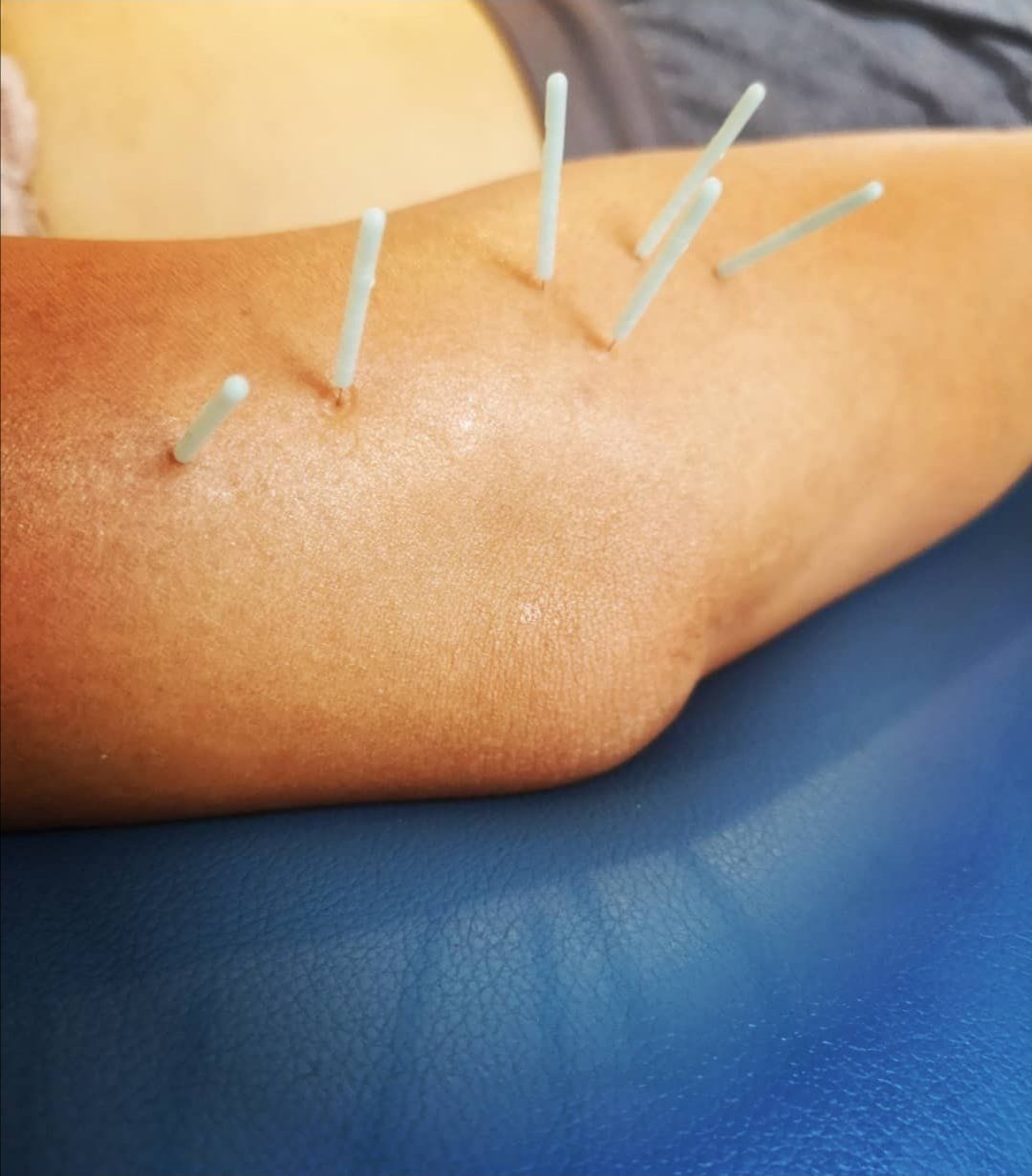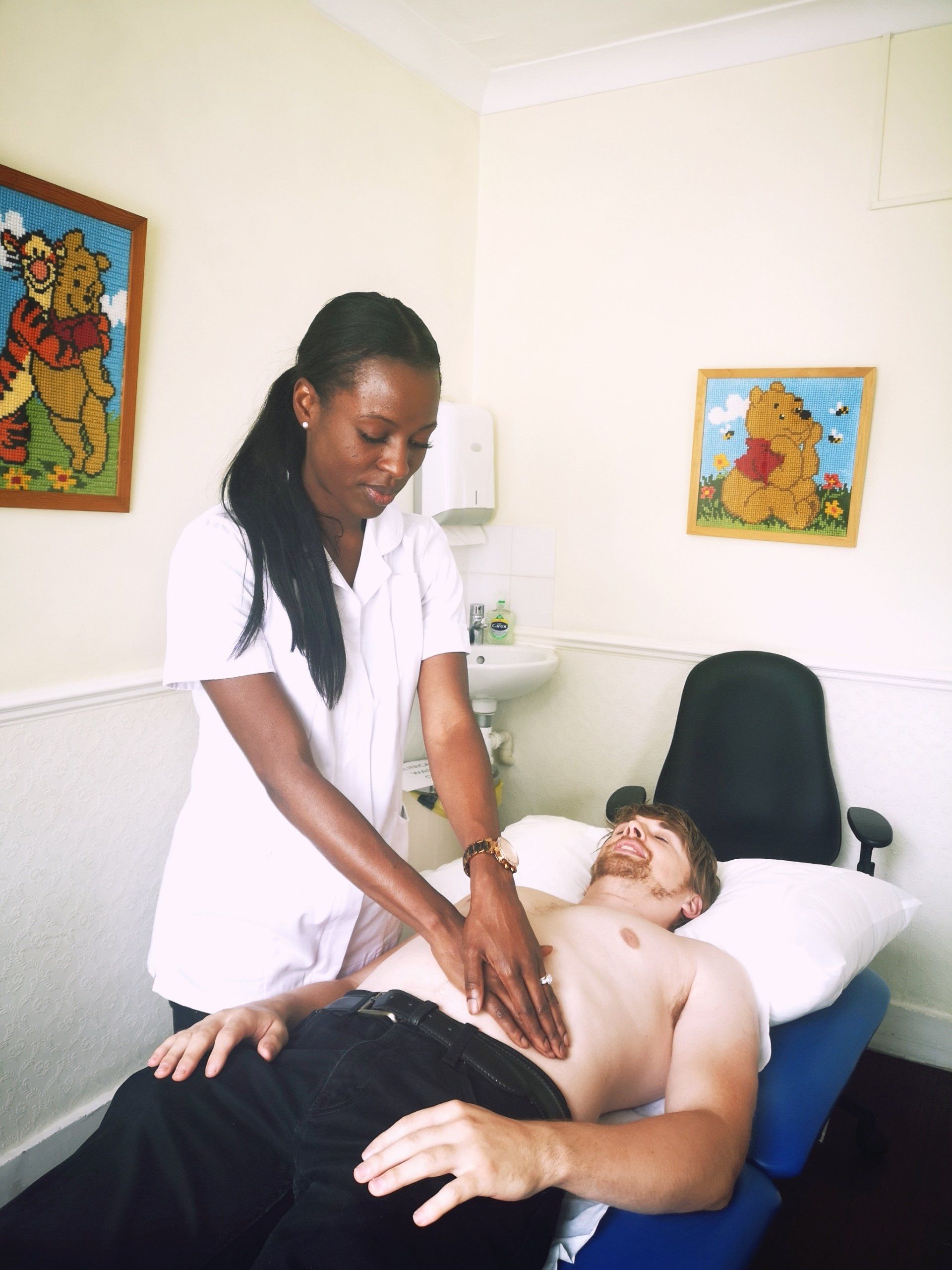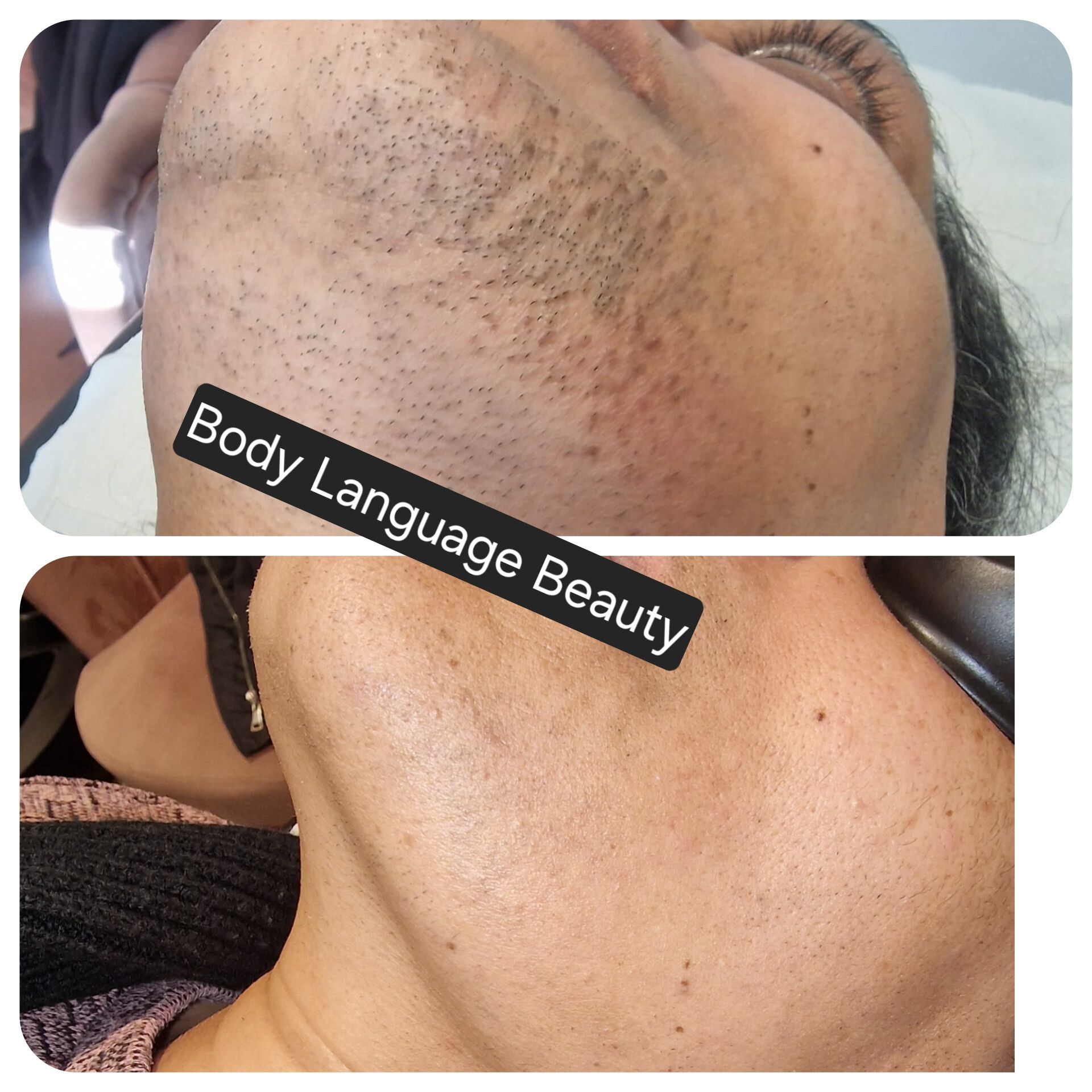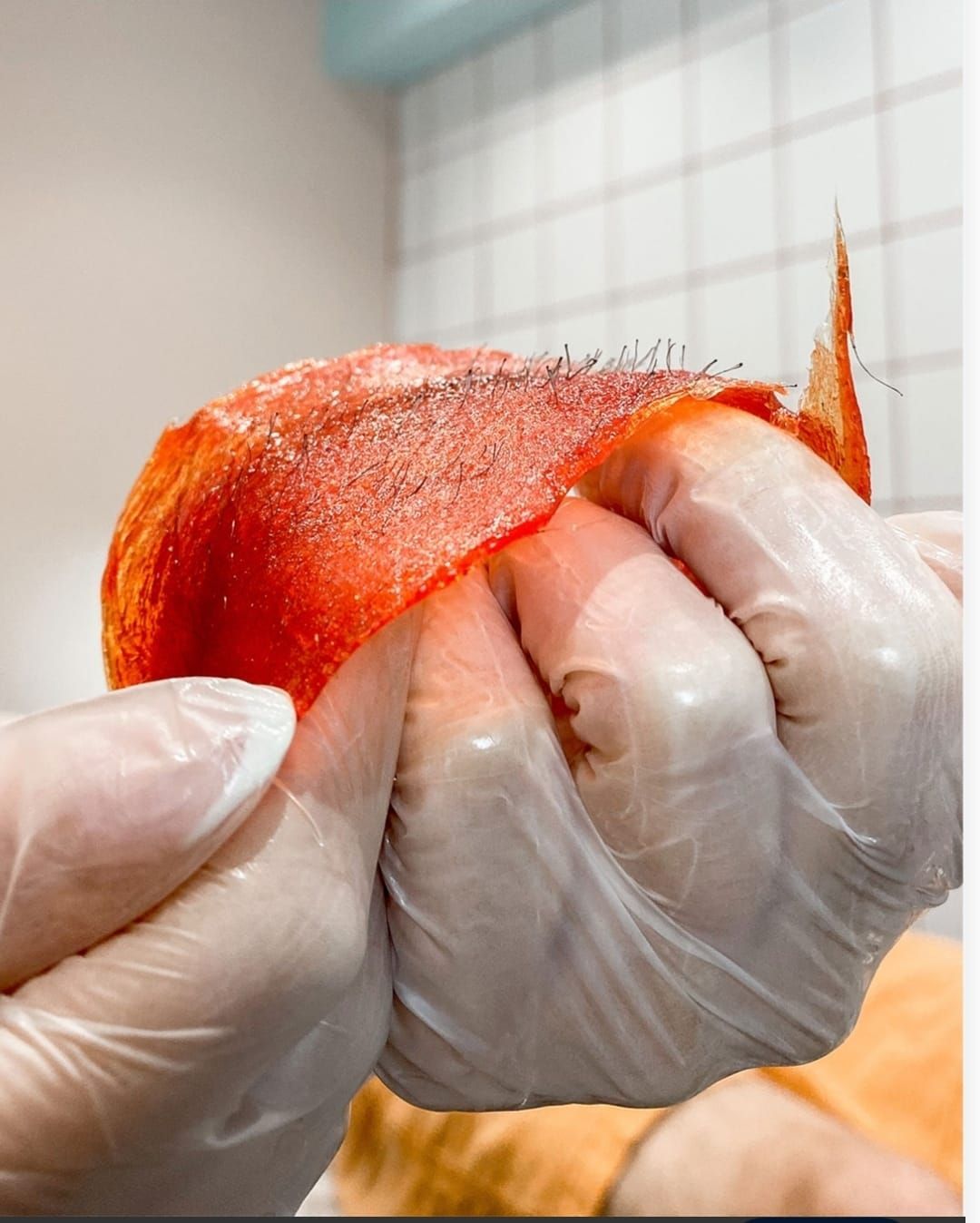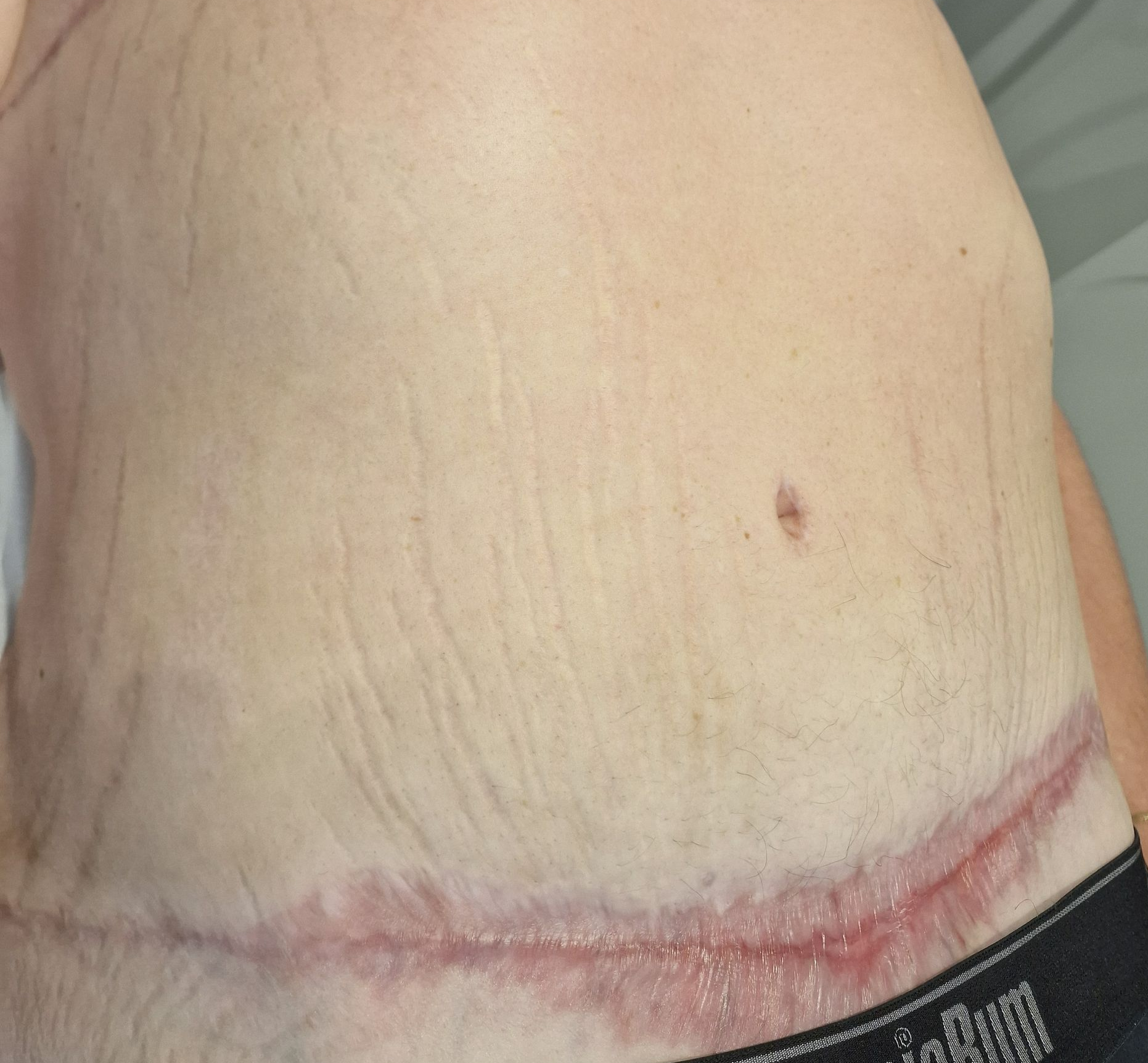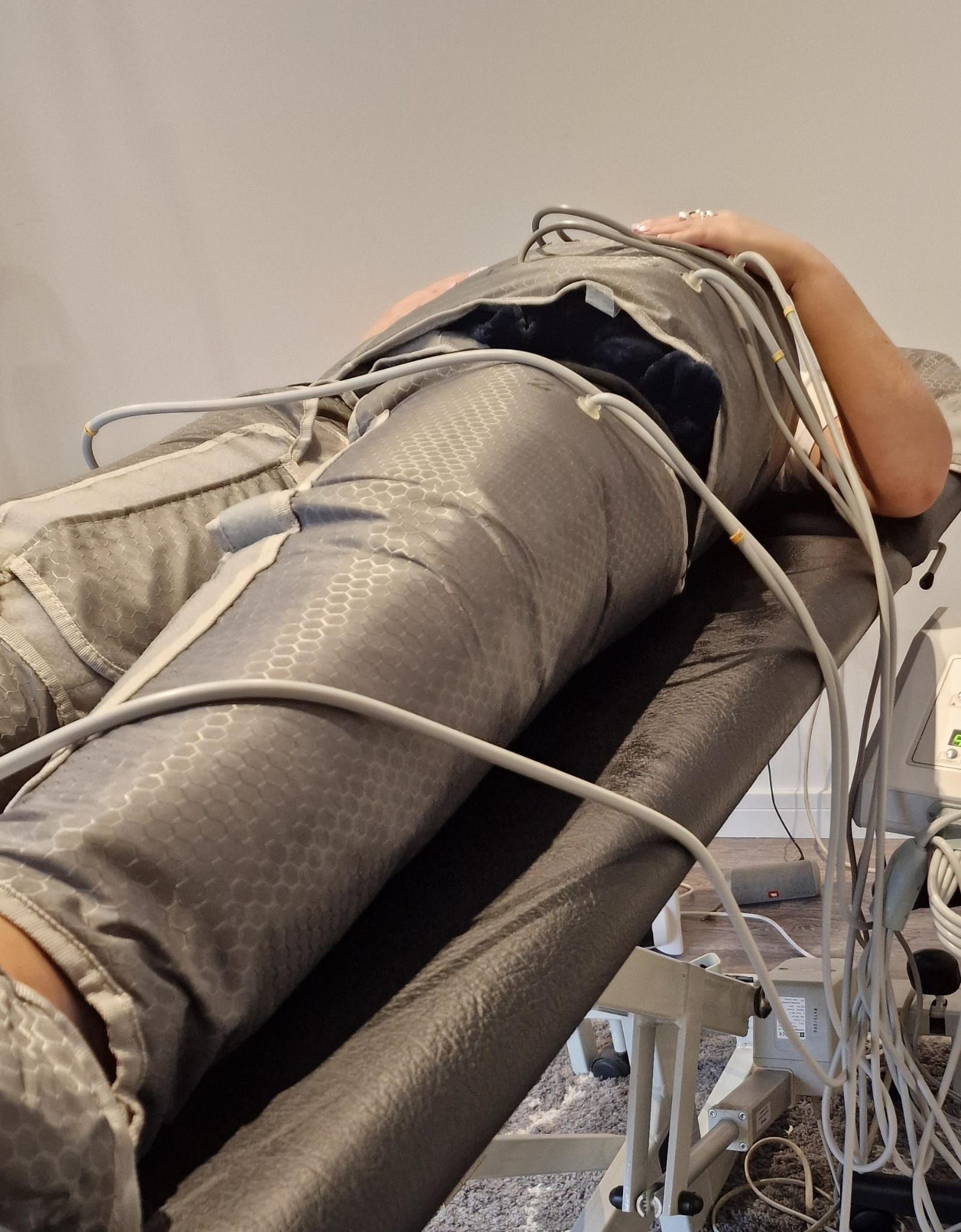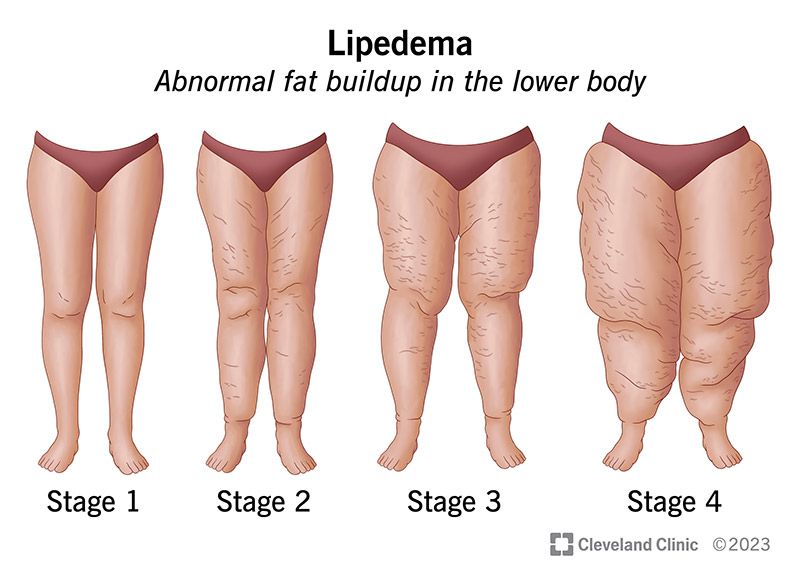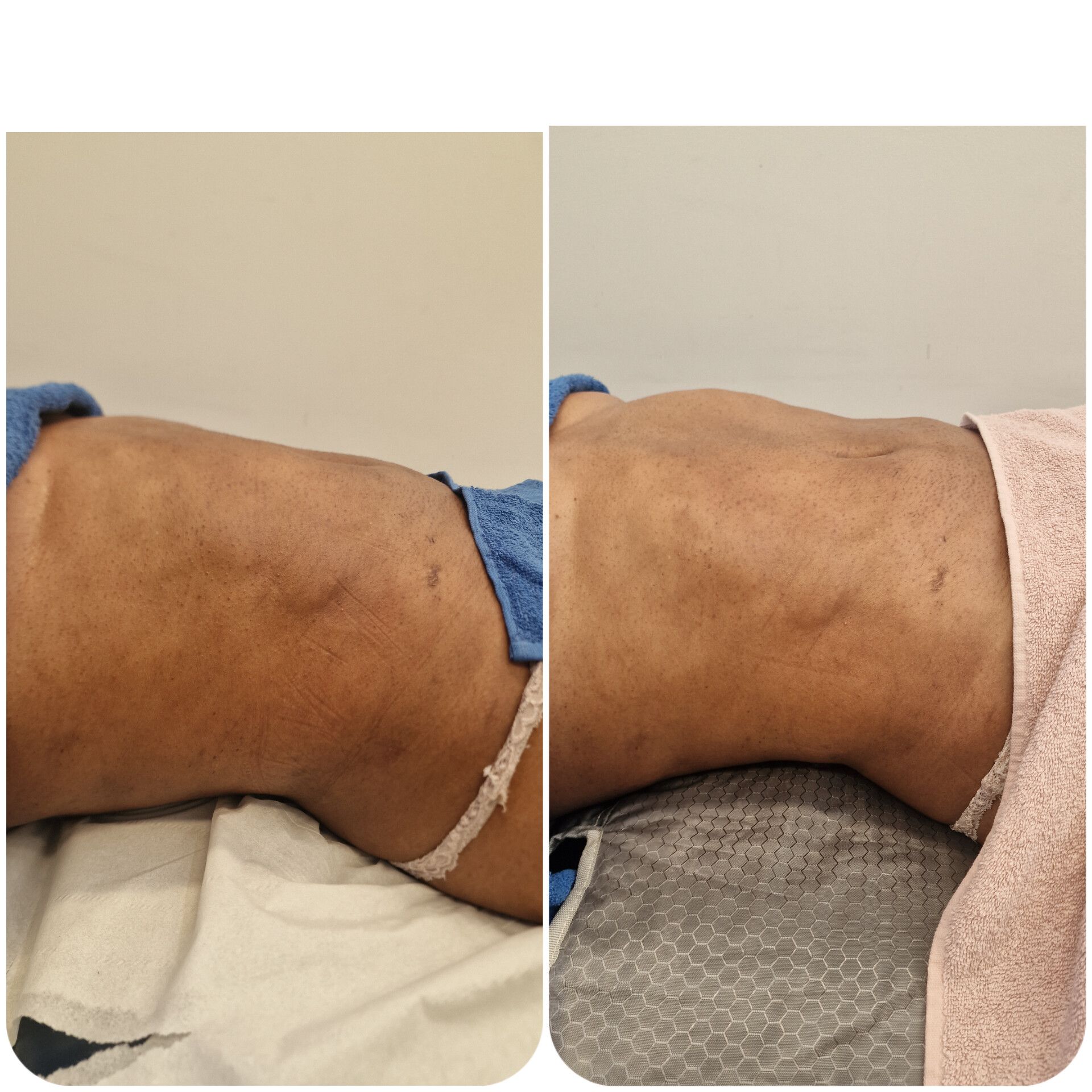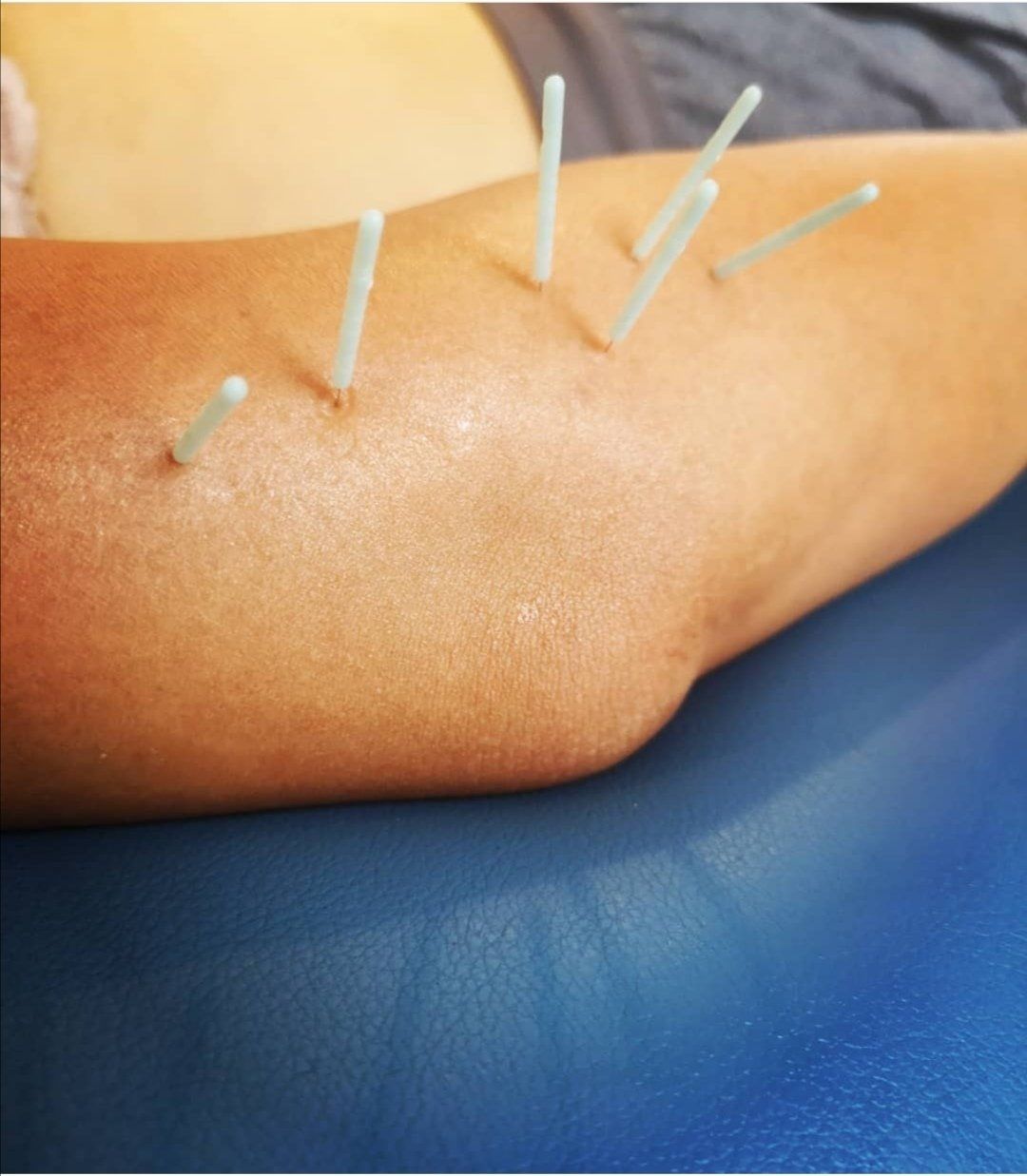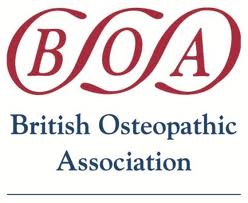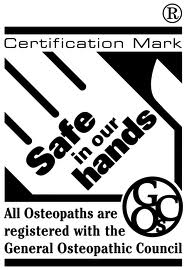Understanding and Treating Post‑Op Fibrosis After Cosmetic Fat Removal
Taking care of fibrosis post Liposuction
Share with your world
Understanding and Treating Post‑Op Fibrosis After Cosmetic Fat Removal
What Is Post‑Op Fibrosis — and Why Does It Happen?
When you undergo cosmetic fat removal — for example, liposuction — it’s not just fat that’s removed. The procedure inevitably causes trauma to the tissues: fat cells are disrupted, small blood vessels may be damaged, and lymphatic drainage is temporarily impaired. This triggers inflammation during healing, which in some cases can lead to fibrosis, or the formation of fibrous (scar) tissue.
Fibrosis is essentially your body’s way of healing — but if it overcompensates, you can end up with hard lumps, uneven or tethered skin, and even areas of tightness or discomfort.
Left unchecked, inflammation can transform into long-term fibrosis — which is why early and effective post-op care is so key. Without proper lymphatic drainage and massage, the risk of permanent hardening is higher.
Signs to Watch For: How to Recognise Fibrosis Early
It’s important to detect fibrosis before it becomes more established. Here are some red flags:
- Hard or firm lumps under the skin, especially if they persist beyond the usual swelling period.
- Skin tightness, discomfort, or reduced mobility in the treated area.
- Texture irregularities: indentations, thickened tissue, or “adhesions” where the skin feels stuck.
- Pain that doesn’t subside over time, or which worsens.
If these symptoms continue for several weeks or months, it’s worth discussing with your surgeon or a post-op therapist.
Why Does Fibrosis Sometimes Become a Problem?
Some fibrosis is natural, but certain factors make it more likely to become problematic:
- Surgical Technique: More aggressive fat removal or rough handling can damage tissue more severely, increasing the fibrotic response.
- Poor Post‑Op Care: Skipping or delaying lymphatic drainage sessions, not wearing compression garments properly, or resuming strenuous activity too soon can all contribute.
- Genetic Predisposition: Some people just scar more aggressively.
- Inflammation & Fluid Build-Up: If lymphatic fluid isn’t drained, or there is persistent swelling, the body may lay down more collagen, leading to fibrotic bands or nodules.
How Body Language Health Can Help: Treatment & Prevention Strategies
At Body Language Health, we offer osteopathy, manual lymphatic drainage (MLD), and other supportive therapies. Here’s how we approach fibrosis risk and treatment after cosmetic fat removal:
1. Manual Lymphatic Drainage (MLD)
- Early, gentle sessions help reduce swelling and encourage lymph flow, preventing fluid stagnation.
- Over time, MLD can help soften early fibrotic bands, reducing the risk of permanent hardening.
- We offer post-op MLD in our clinics in Woolwich and Wouldham.
2. Compression + Heat Therapy
- Compression garments are crucial. They support tissues, reduce swelling, and help prevent fluid accumulation, which in turn reduces fibrotic risk.
- We also use pressotherapy, which combines lymphatic massage with controlled compression to further promote fluid drainage.
3. Non-Invasive Treatments
- Ultrasound (Cavitation): Our clinic offers ultrasonic cavitation. This helps break down fat but also supports lymph drainage and tissue remodelling.
- Radiofrequency (RF) Skin Tightening: We offer RF to stimulate collagen in a controlled way. Done carefully, this can improve skin texture without worsening fibrosis.
4. Lifestyle & Patient Education
- Hydration & Nutrition: Supporting your lymphatic system through fluid intake and a nutrient-rich diet helps your body heal more effectively.
- Gentle Movement & Stretching: Depending on your recovery, gentle exercise (walking, light stretching) supports circulation and lymph flow.
- Follow-Up: We emphasise regular follow-ups, so we can detect early signs of fibrosis and intervene sooner rather than later.
When More Intensive Treatment Is Needed
For more established or stubborn fibrosis, more targeted approaches can help:
- Professional Massage / Deep Tissue Work: After the early healing phase, a therapist can apply firmer, deeper massage to break down fibrotic tissue.
- Ultrasound Therapy: Using ultrasound to provide a “micro‑massage” to scar tissue — often more effective than manual massage alone.
- Combined Therapies: Ultrasonic Cavitation, Acupuncture, dep tissue and or Radiofrequency may be combined for remodelling and smoothing.
Patience Is Key: Fibrosis doesn’t resolve overnight. It may take weeks or months of regular treatment to see meaningful improvement.
Post-op fibrosis is not uncommon, but with proactive care, it doesn’t have to compromise your results. At Body Language Health, we believe in a holistic, patient-centred approach: combining manual therapies, compression work, exercise advice, and non-invasive technologies to support smooth, healthy healing.
If you're preparing for cosmetic fat removal, or are already in your recovery phase and concerned about fibrosis, our team in Woolwich or Wouldham can help design a tailored post-op plan.
Book a consultation with us to discuss your post-surgery recovery – we’d love to help you make the most of your results.
If you like, I can also include before-and-after case studies, patient stories, or graphics for this post — do you want me to add those?
